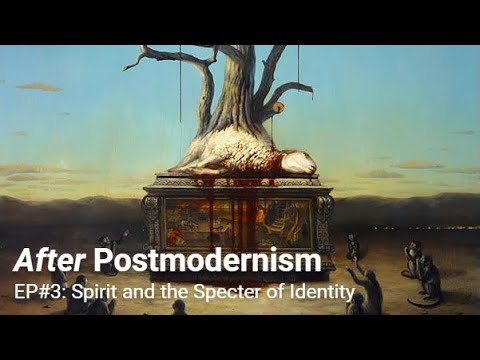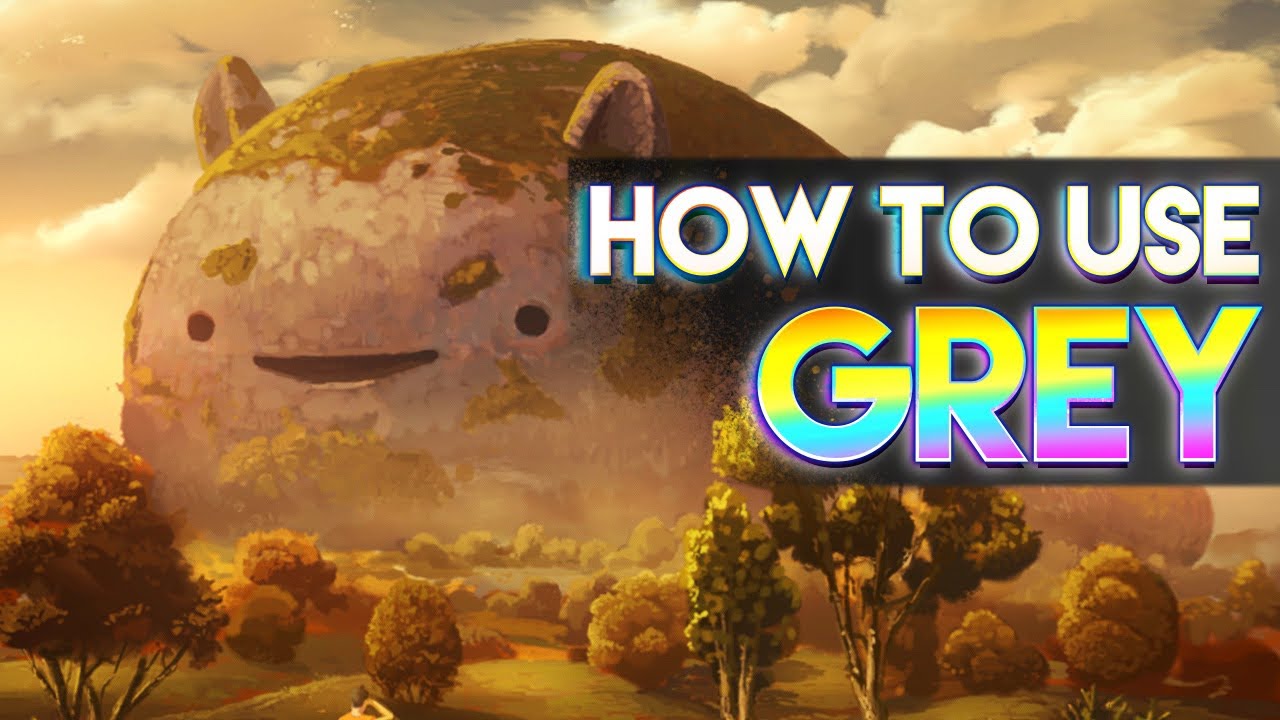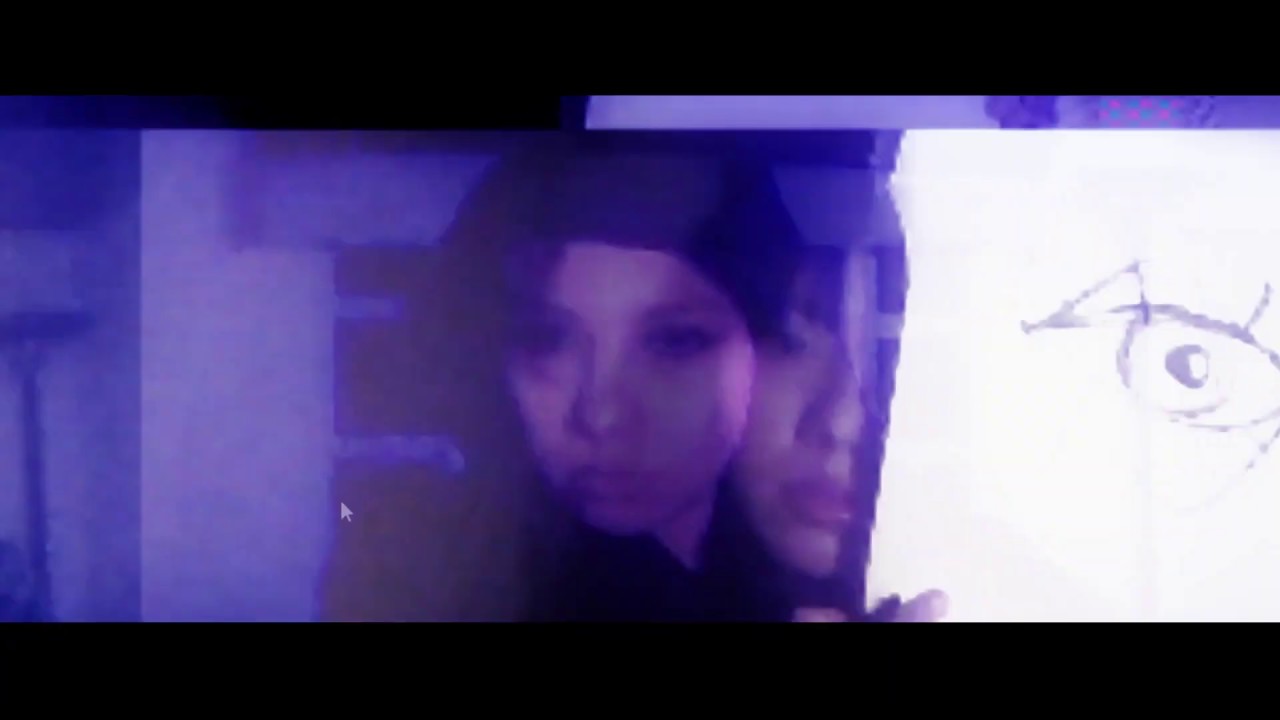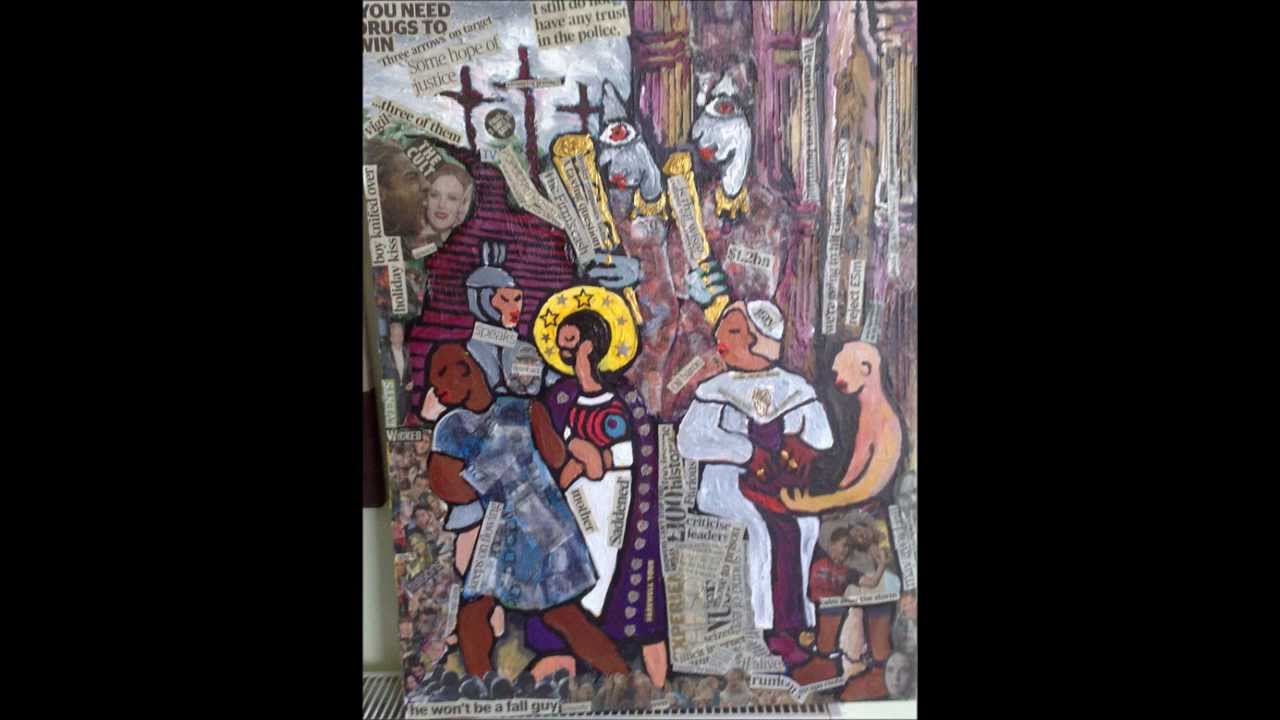Brendan Graham Dempsey
Using Ihab Hassan’s essay, “Beyond Postmodernism: Toward an Aesthetic of Trust,” we chart our way from late postmodernism into its aftermath, noting the resurfacing of ideas like truth, trust, spirit for meeting the demands of identity in a fractured world. I then offer my own analysis of what postmodernism really was, and use this to help explain key characteristics of the emerging post-postmodern sensibility. Crucial to this is what I am calling the return of dimensionality.
⚡ Support my work on Patreon:
https://www.patreon.com/brendangrahamdempsey
www.BrendanGrahamDempsey.com
Source




I knew it.
Will all this be explained, nailed, informed by the West yet again considering most of the world lives in the east which has totally a different approach to life. God has been trashed in China and succeeding. Not that I’m against any idea coming from any corner of this planet but just a question . The realities that an eastern or African faces day to day is very different from a westerner. This suggests the world will follow the west even after postmodernism. I’m completely fine with it but this got me thinking 🤔
Intratransiminentalitisationiigalitisattionisationing.
We call it Grotesque-ism
Let's call this present era: Deathtripism
Saying Post-post=modern is lazy.
Again we see the largest error of all talk of PM and Modernity in general, the specificity of mod, postmod, postpostmod, metamod all fail to understand that they are all including that called mod are all reactions to the Modernity and Modernism of the Elite, the Academy, and Control. There is also a failure to recall history or include the non WEST – China, India, Japan, Islam, Africa, and the Indigenous World do not fit these narratives.
The music is noisy and unneeded, though, the ideas are overarching and wonderfully displayed.
We should try to get this out there
I don’t see society past post-modernism. In this summer of 2021, we have trans olympians that hate the country they are representing, CRT as a cornerstone in public education, pronoun and gender fluidity, a President who is confused, political parties at odds within their parties as they go through a metamorphosis, government not following the laws they made for theirselves, anarchists excused and traditionalists demonized, mainstream media prevaricating labels and narratives in spite of evidence of the truth, cancel culture unrestrained. I would argue that we are living in the zenith of postmodernism . Maybe art is progressing but the rest of society is miserable.
I feel that the argument of Post Post modernism as being just descending further into post modernism is inorganic. I would say that human culture swings like a pendulum in search of balance yet it never finds it. One can say that what we see now is what was seen before. The traditional nature of prehistory to the liberal nature of Greco Roman culture, to traditionalism in the dark ages, to liberalism in the Renaissance, and then back in classicism, only to be swung back by the age of enlightenment. After that, we experience a bloom of traditionalism during the period of intense nationalism and the great awakenings of the modern world. Which brought us post modernism. I would suspect that what is beyond post modernism will be the swinging of the pendulum.
This is fantastic information, well-researched, well-delivered, and damn inspiring and intriguing.
Song at 7:23 ?
Theologian Dr. Craig gave good arguments for a Deist God. Maybe that is the future: non-religious deism, but still I find the same problems found in a meaningless godless society.
Nietzche said we would become gods, but so far very few people today can be even 'heroes' like Elon Musk and for 99% of the population (including me) that does not seem feasable.
This is very illuminating, ive been looking for something like this for a while, thanks alot
Why did this turn so complicated and uninteresting all of a sudden? It feels like the narrator is trying to force a new movement rather than just letting it happen. Perhaps this is the necessary blow to the human ego it cannot contemplate.
Thanks for this series! It really sheds a light on this weird feeling I've had for a few years. I'm glad that all these thoughts I've had on community, spirituality, and optimism are meaningful and not at all out-of-place.
Personally, I prefer post-postmodernism over all the other names for 'after postmodernism'. All the other names have a sense of cynicism as if they're coined by someone deeply tied to postmodernism and on a race to have their name in history books. Post-postmodernism at least is authentic in that it explains things in a way that's understandable to those that's at least a bit versed in what postmodernism is thought to be.
Glad we seem to have survived Postmodernism.
Please. Please. Keep more of these videos coming. I love all the book references and the simple explanations you offer in these videos ! Your three videos of After Postmodernism made your channel my favorite youtube channel. Would love to see more.
Very good and interesting video, I would suggest a better understanding of the term spirit would be an explicitly Germanic reading of spirit as geist/gees/ghost a sort of motivating force or energy, that is explicitly collective, imagine the sort of ghost possessing a crowd. This I think is a good "naturalisation" of what Hegel basically means.
Artwork name at 5:03?
I haven't watched it yet but glad you posted. I really liked the last two after post-modernism videos